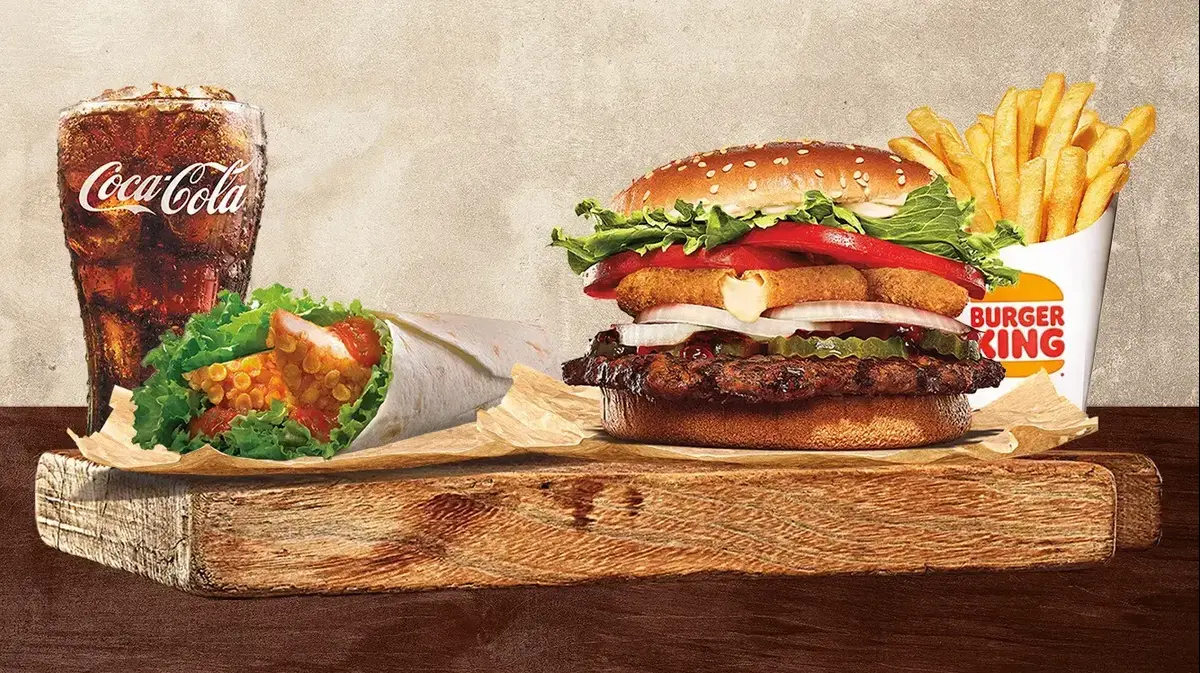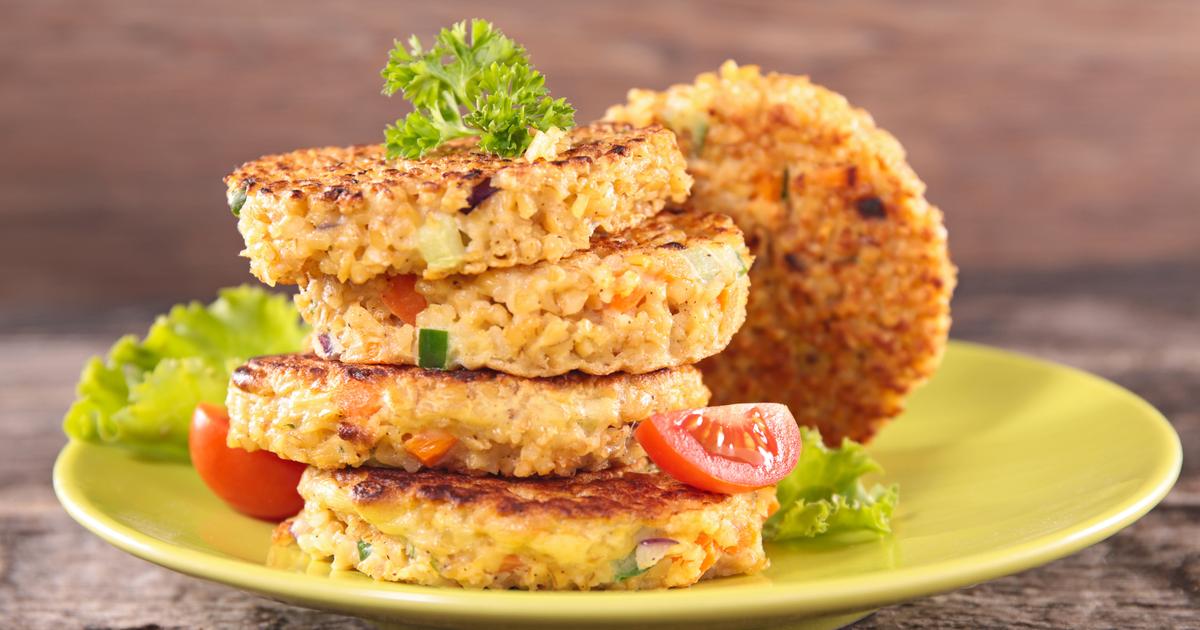Natalia Muscatelli
07/11/2020 - 7:41
- Clarín.com
- Economy
- Economy
As more people adopt vegan or vegetarian diets, the industry adapts its offer to satisfy those palates. Therefore, the use of "substitute meats" in different foods is emerging as a promising business.
This is how it is understood -among other companies- Frizata, one of the first companies in the region that produces, markets and distributes frozen food, directly to the home. Less than a year ago, he created: the Friburger Meat Free, a burger that recreates the flavor, color, and experience of meat, but meatless, as it's a plant-based veggie burger . Today the firm has a catalog with more than 50 products such as vegetables, meats, processed foods, veggies and appetizers that are only sold online.
This SME was created by two Rosario entrepreneurs from the Endeavor network, Adolfo Rouillon and José Robledo. The story begins when the two founded a software company that was later sold 20 years ago and in 2008 created Congelados del Sur, a frozen food development firm for large food companies and supermarket chains. Frizata was finally born, as a product of the experience of both industries.
The creators of Frizata, Adolfo Rouillon and José Robledo
Their mentors assure that they decided to develop this line of products with the “flexitarian” consumer in mind , a word that comes from the English “flexitarian” and is a conjunction between “flexible” + “vegetarian”. "This trend is increasingly present in Argentina and the diet is based on a variety of plants, but that does not completely resign animal protein but reduces its consumption." Adolfo Rouillon explains.
The businessman adds: “We understand that this trend is not a fad; but a new order has begun to take shape in what will be the food of the future ”, he says. According to a study by the Institute for the Promotion of Argentine Beef (IPCV), almost a third of consumers are reducing their consumption of meat. The trend is global since, according to another Euromonitor International health and nutrition survey, 21% of consumers in the world are also trying to limit meat intake. According to the same source, sales of meat substitutes are estimated to move about $ 23 billion by 2023.
Frizata currently operates in the City of Buenos Aires and Greater Buenos Aires, La Plata, Rosario and Córdoba. And she plans to land in Brazil towards the end of the year. Two keys to their business are price: (since they sell directly to the public, they cost, on average, 45% less than in the supermarket). And also the way to produce food, using big data and artificial intelligence.
Frizata expanded its product offering
“These technologies and the lack of intermediaries allow us to be in direct contact with consumers; analyze their opinions, detect consumption habits, to design new foods adapted to their preferences and improve the offer of those that already exist, ”explains the owner of the company, which already has 30,000 customers. And in the last 5 months he multiplied his sales by 10.
The offer of the Rosario SME joins other companies that are also venturing into food with meat substitutes. Chilean NotCo, the firm in which Jeff Bezos, the CEO of Amazon, invested $ 30 million last year, is in the process of installing its NotBurger (100% vegetable burger) in supermarkets and restaurants in the local market. The firm also produces mayonnaise, milk, and ice cream.
In addition, internationally, they carve other players in the business - like Impossible Foods , based in Silicon Valley, which makes hamburgers and minced meat and Beyond Meat, the start-up promoted by actor Leonardo Di Caprio and Bill Gates, founder of Microsoft. , whose core business are hamburgers, nuggets, sausages and bacon. Also Redefine Meat, in Israel and Just Inc, expert in making egg and mayonnaise substitutes.
In the local market, there are other consumer brands that are developing some lines of this style, such as Nestlé, which last year announced the launch of Awesome Burger, a hamburger made with wheat and soy. And Cargill that is added with hamburgers and ground products based on soy and pea proteins.
Those in business argue that substitute or "copycat" meats have significant disruptive potential. However, they also ensure that there are still significant challenges to overcome to continue gaining space. Like, pricing, consumer acceptance and market regulation, among other things.







